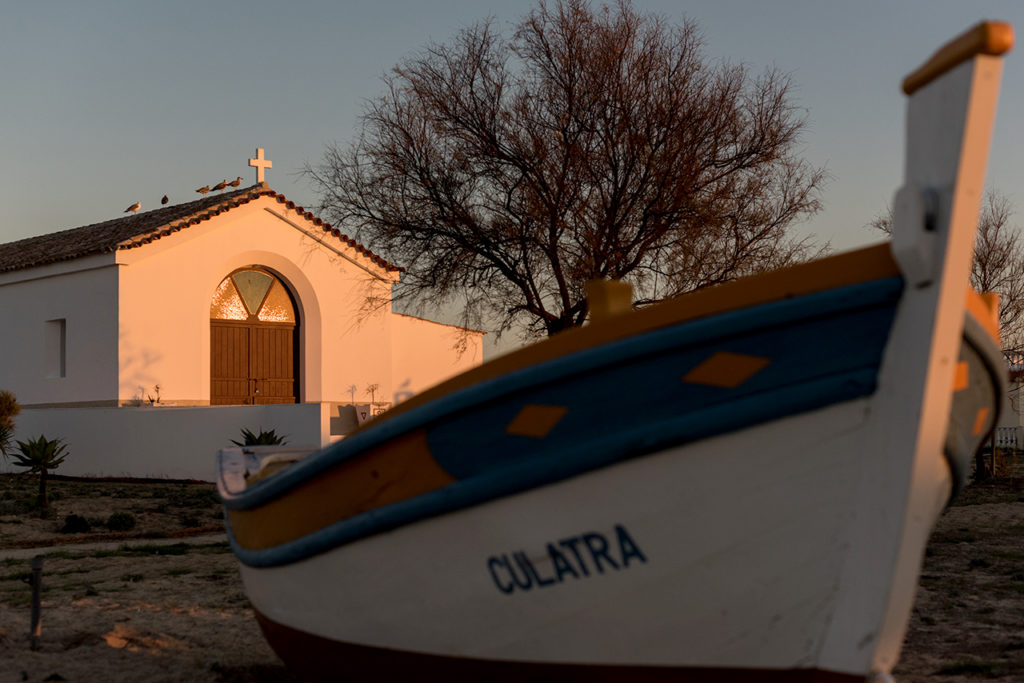The agenda of transition to clean energy from Culatra was published this Wednesday, November 20th.
Moreover, in addition to Culatra, five other European islands have published their transition agendas, "taking a firm step towards decarbonising their energy systems, with a strong focus on citizen involvement."
selected by European Commission's Clean Energy for Islands Initiative of the European Commission in February 2019, the Aran Islands (Ireland), the Cres-Losinj archipelago (Croatia), Culatra (Portugal), La Palma (Spain), Salina (Italy) and Sifnos (Greece) developed decarbonization paths in the last nine months tailored to your needs.
The six clean energy transition agendas were published in the context of the fourth Clean Energy Forum for the EU Islands in Split and Hvar, Croatia, where EU island community stakeholders meet until Friday the 22nd , to discuss transition paths, technologies and opportunities to actively engage citizens.
“Thanks to the evolution of technology, the potential to reduce energy costs on the islands and move towards energy autonomy has never been greater. Established in the context of the Clean Energy for All Europeans package, the EU's Clean Energy for Islands Initiative is created to assist and accelerate that process,” says Ditte Juul-Jørgensen, Director General for Energy.
“Furthermore, islands can be beacons for global climate action. Whether through more wind energy, renovating homes, moving towards electric mobility, decarbonising maritime transport or deploying renewable energy for hot water and domestic heating, the decarbonization solutions shown by these six pilot islands will guide us through routes of greater energy efficiency, more renewables and a smaller carbon footprint”, he adds.
The islands transition agendas were produced in co-authorship by the islands transition teams, which in the case of Portugal include the University of Algarve, the Ilha da Culatra Residents Association and Make it Better, and the Clean Energy Secretariat for the Islands of the EU.
Armed with this agenda, Culatra will in the coming months improve the development of the project and strengthen its strategies for involving the local community.
Several other EU islands are currently in the process of developing clean energy transition agendas that will be published next year.
The main objective of the entire project “Culatra 2030 – Sustainable Energy Community” is to make the fishing island self-sufficient from an energy point of view, using, for example, solar and wind energy.
Other ideas include, for example, installing a recycling station, using electric boats or implementing water desalination processes.
To consult the published schedule, click here


















Comments